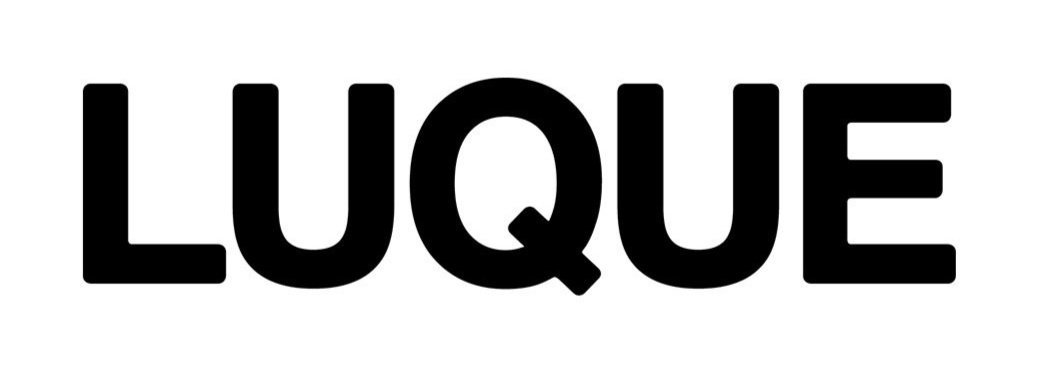3 Ways to Invest in Yourself with the Stimulus
Congress has finally passed a new stimulus package with additional pandemic relief for individuals and businesses. As we look forward into the new year, it is a great time to invest in yourself with the extra cash.
If you own your own business or are self-employed, you may be eligible for another round of Paycheck Protection Program (“PPP”) funds. To qualify for the loan, a business must 1) have been open February 15, 2020 and 2) be able to prove it experienced a reduction of more than 25% of gross earnings compared to 2019 during any quarter in 2020. For more details on eligibility and loan terms, look here. Applications are expected to open this week. Keep watch here. If you plan to apply, time is of the essence.
Similar to earlier this year, individuals will receive a second round of stimulus checks over the course of the next week. Eligible adults will receive $600 and eligible families will also receive $600 per child.
If you qualify for the above, what are some ways to use the stimulus to grow and protect your business or embark on a new venture?
1. Set up an LLC
Forming a Limited Liability Company (“LLC”) protects you as an individual from potential risks, like lawsuits. An LLC secures similar legal protection to a corporation, but you still file taxes as an individual. Owning an LLC can make your business more appealing to banks and potential investors.
First, decide where to form your company and choose a name. Check your state’s business directory to confirm if your desired name is in use. If your first choice is not available, consider alternates and possibly filing a Doing Business As (or “DBA”) certificate. Once you’ve decided on an available name, you’re ready to file.
Depending on the state you choose to form in, setting up your LLC is a 5 to 7 step process that takes 2 weeks to complete. Once you register with the Secretary or Department of State of your business’ home state, you can apply for an Employer Identification Number (“EIN”) with the IRS. Most banks require a copy of your formation documents and an EIN confirmation letter to open an account.
There may be additional requirements depending on your state. A lawyer and accountant can advise on the process, including where is best to form your company and what structure works best for what you do.
Filing fees vary by state, but range between $200 and $1,700.
2. File a Trademark
Trademarks prevent others from using your name or logo without your permission. Trademarks protect your brand from harm due to infringement or confusion. If infringement occurs, a federal trademark may entitle you to certain benefits like “attorney’s fees”– which means the losing party pays the winning party’s legal bill, lessening the financial burden of going to court.
Before you file a trademark, search for similar registered marks and make sure your mark meets all of the United States Patent and Trademark Office’s (“USPTO”) requirements. Filing a trademark can be a tricky process as the USPTO is increasingly strict when examining marks for approval. An attorney can research potential issues and advise on the likelihood of success of your mark.
Once you’ve decided on the mark, you are ready to file. The process isn’t quick– review by the USPTO can take up to 12 months, even if there are no issues with your application. The USPTO assigns an examining attorney to review your application. The examiner may issue an Office Action, refusing the registration or requesting more information. You can respond to the examiner, but this does not guarantee your mark will be approved. Once approved, the USPTO issues a certificate of registration. The registration is backdated to the date of filing, so your protection covers the waiting period.
The USPTO’s online application filing fee for a trademark is around $250. If you receive an Office Action for your mark, the filing fee for a response is $50.
3. File a Copyright
A copyright protects original and distinctive works of authorship including literary, dramatic, musical, and artistic works, such as poetry, novels, movies, songs, computer software, and architecture. Copyright provides resources to prevent and police imitators. Copyrights also allow you to license and monetize your work to others, while maintaining ultimate ownership. Similar to a trademark, if infringement occurs and escalates to court, you may be entitled to certain benefits like statutory damages.
Before registering a copyright, make sure the work is an original, creative contribution. If there are elements of the work that are not your own, be ready to state limitations in your application. You must also submit 1 copy of an unpublished work or 2 copies of a published work to the U.S. Copyright Office within 3 months of the application. It usually takes around 6 – 9 months for a copyright to be examined and approved. However, once registered, protection for your copyright backdates to the date of filing.
The online filing fee for a copyright ranges between $35 and $55 per application. You can file a copyright on your own, but an attorney can advise on how to strategize the best way to structure the filing. In some cases, you may be able to batch groups of works (like a series of photos or collection of course materials) to save money on filing fees.
In times of economic downturn and necessity, some of the greatest ideas are formed and the most innovative companies are built. There is no better investment than yourself. Now is the time to handle administrative tasks that get lost in the daily hustle and bustle.
This information does not, and is not intended to, constitute legal advice. All information, content, and materials are for general informational purposes only. No reader should act, or refrain from acting, with respect to any particular legal matter on the basis of this information without first seeking legal advice from counsel.

